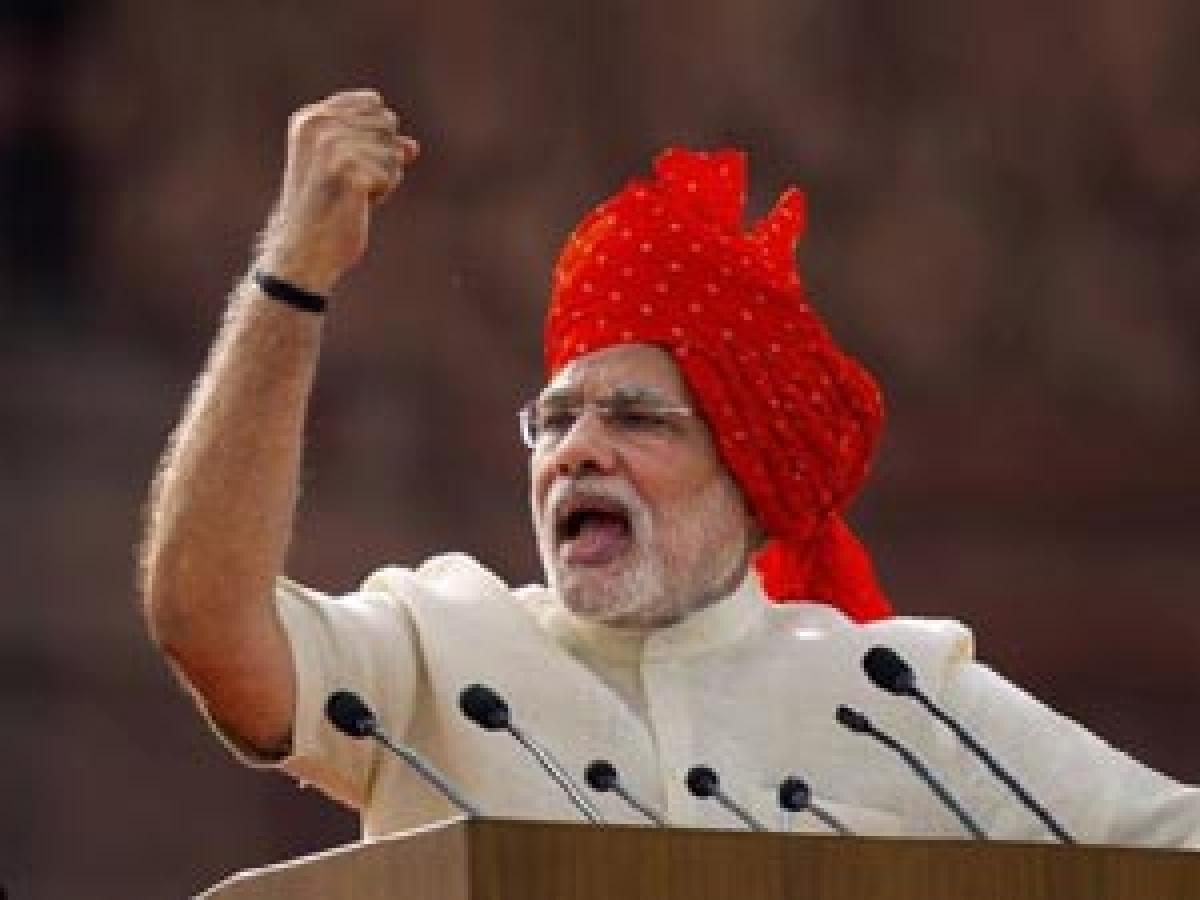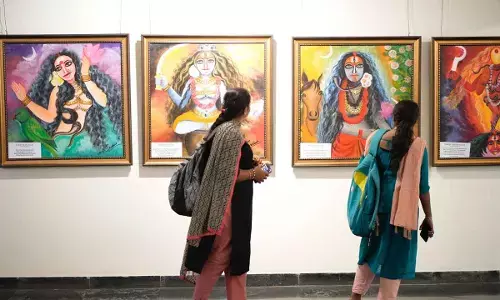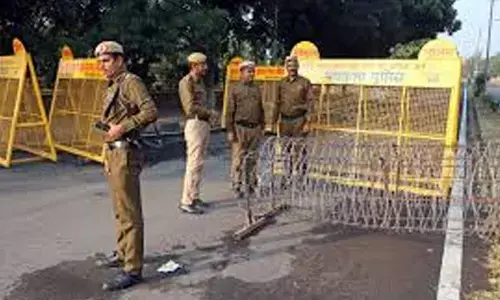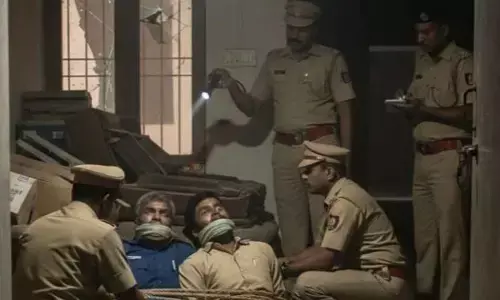It takes two to tango, PM Modi makes it plain to Pakistan

In one fell stroke, the Chief Minister adroitly put the onus on “five per cent protestors,” slamming Pakistan for constantly fomenting trouble even as she called for resolution of the problem through dialogue and reconciliation.
For Pakistani believing that “accepting the status quo with India is defeat,” has resulted in a perceived ideological perspective that it has to be at war with India to stand up and be counted
“Did the children go to the Army camp to buy toffees? Did the 15-year-old boy go to fetch milk when he attacked a police station? What is the government’s fault in that?” Quivered an angry Mehbooba Mufti as continuous stone-pelting entered its 55th day in Kashmir valley with 67 people deaths since the killing of Hizbul Mujahedeen poster boy Burhan Wani late July.
In one fell stroke, the Chief Minister adroitly put the onus on “five per cent protestors,” slamming Pakistan for constantly fomenting trouble even as she called for resolution of the problem through dialogue and reconciliation. However, even as the Centre and the State Government extended themselves to restore peace in the Valley, how to deal with Pakistan weighed heavy. More so after Islamabad anointed 22 MPs to raise the Kashmir dispute in the UN General Assembly session in September.
Citing enough is enough over Islamabad meddling, Prime Minister Modi made a dramatic change in India’s Pakistan policy. In his Independence Day address to the nation he evoked Baluchistan and asking Islamabad to “vacate its illegal occupation of Pakistan-Occupied Kashmir (PoK).” His aggressive message was blunt: You incite terror in Kashmir I will expose your atrocities in Baluchistan. Thereby, signaling his move to internationalise the issue.
Undoubtedly, Modi’s salvo at Pakistan was driven by two main motivations: One, to deflect pressure on his government vis-à-vis strife-torn Kashmir. Pakistan has long accused India of fueling terrorism in Baluchistan, its largest province, and of supporting its independence movement. Islamabad painted India as the aggressor in 2009, when the Sharm el-Sheikh joint statement by the two countries referred to State-sponsored terrorism in Baluchistan, effectively causing India to admit to such.
Two, project India as a regional hegemony capable of denying China access to economic trade routes through PoK in the ambitious $46 billion China-Pakistan Economic Corridor that will give Beijing access to the Arabian Sea through the port of Gwadar. Plainly, without India’s support, CPEC will remain a pipe-dream.
Pakistan and China successfully presented a united front against India in the UN. And Islamabad not only failed to reciprocate the Prime Minister’s overtures in the last two years, but worse, Nawaz Sharif asserted: “We are waiting for the day when Kashmir becomes a part of Pakistan.” As matter stands today, a deep chill has set in Indo-Pak ties.
For Pakistani fed on the belief, that ‘accepting the status quo with India is defeat,’ has resulted in a perceived ideological perspective that it has to be at war with India to stand up and be counted. This is forcing the Pakistani army to take calculated military risks against the backdrop of its nuclear capability as a manifestation of its continued struggle which it must continue to provoke India.
There is nothing concrete to suggest that Islamabad is ready to address New Delhi’s ‘core’ concerns on terrorism as it refuses to give up its confrontational mindset of waging a “thousand wars.” Nor is there any indication that Pakistan has changed its antagonistic approach to India and neither does it share India's desire for friendly relations.
Clearly, Modi has made plain India will no longer allow the Kashmir discourse to continue on Pakistan’s terms. For too long, New Delhi has been on the defensive trying to prove its liberal democratic credentials as if the Indian State is the only guilty party in the Kashmir dispute. It remains to be seen if the Prime Minister can sustain his ‘zero tolerance to provocations’ policy as it navigates its already tricky ties with its nuclear-powered neighbour.
Tough responses to provocations and clear red zones are the best guarantee of nuclear peace in the sub-Continent. By changing the rules of the game, Modi has spelt out: It takes two to tango. Else Pakistan will face the harsh reality of continuing to reap a pungent harvest!
By Poonam I Kaushish

















